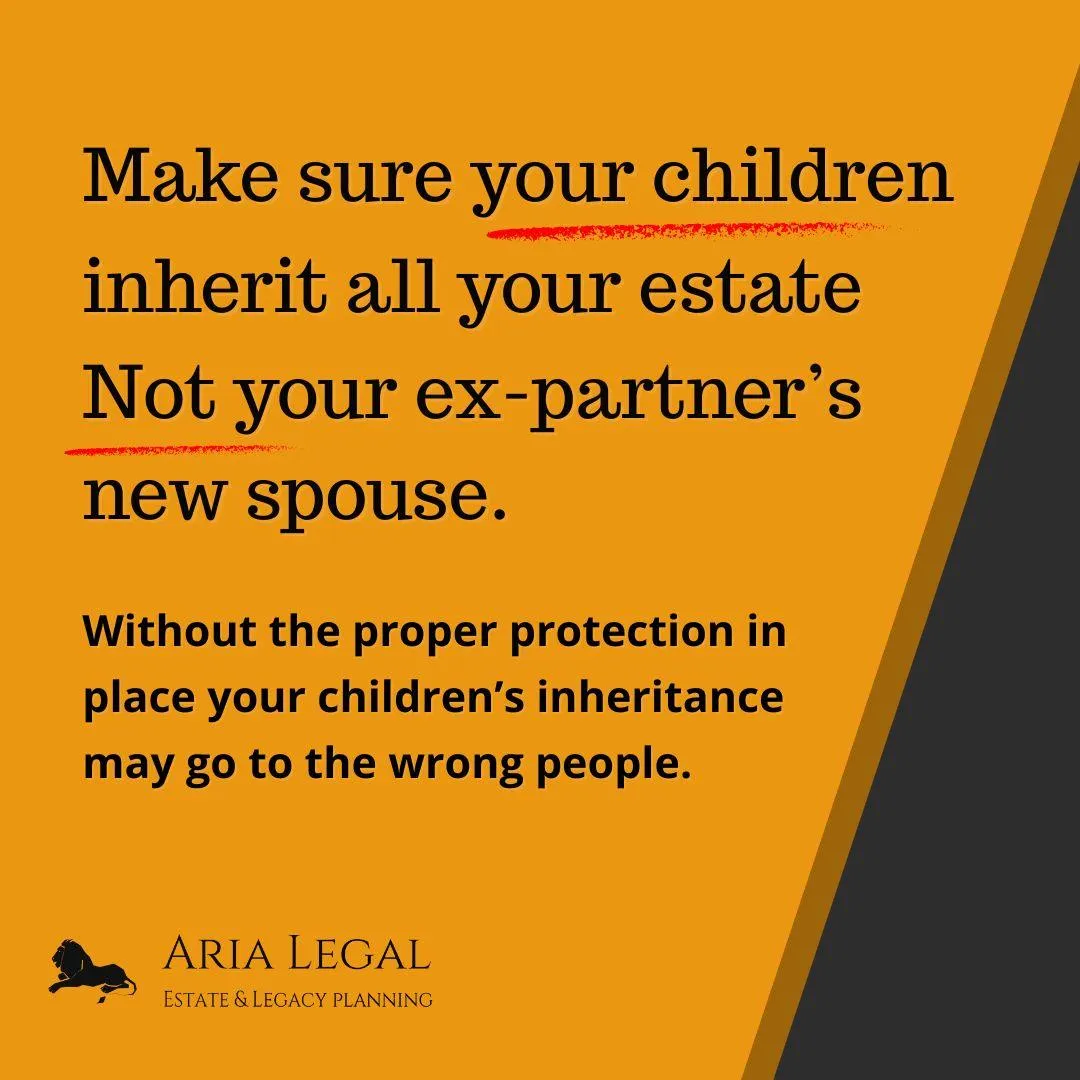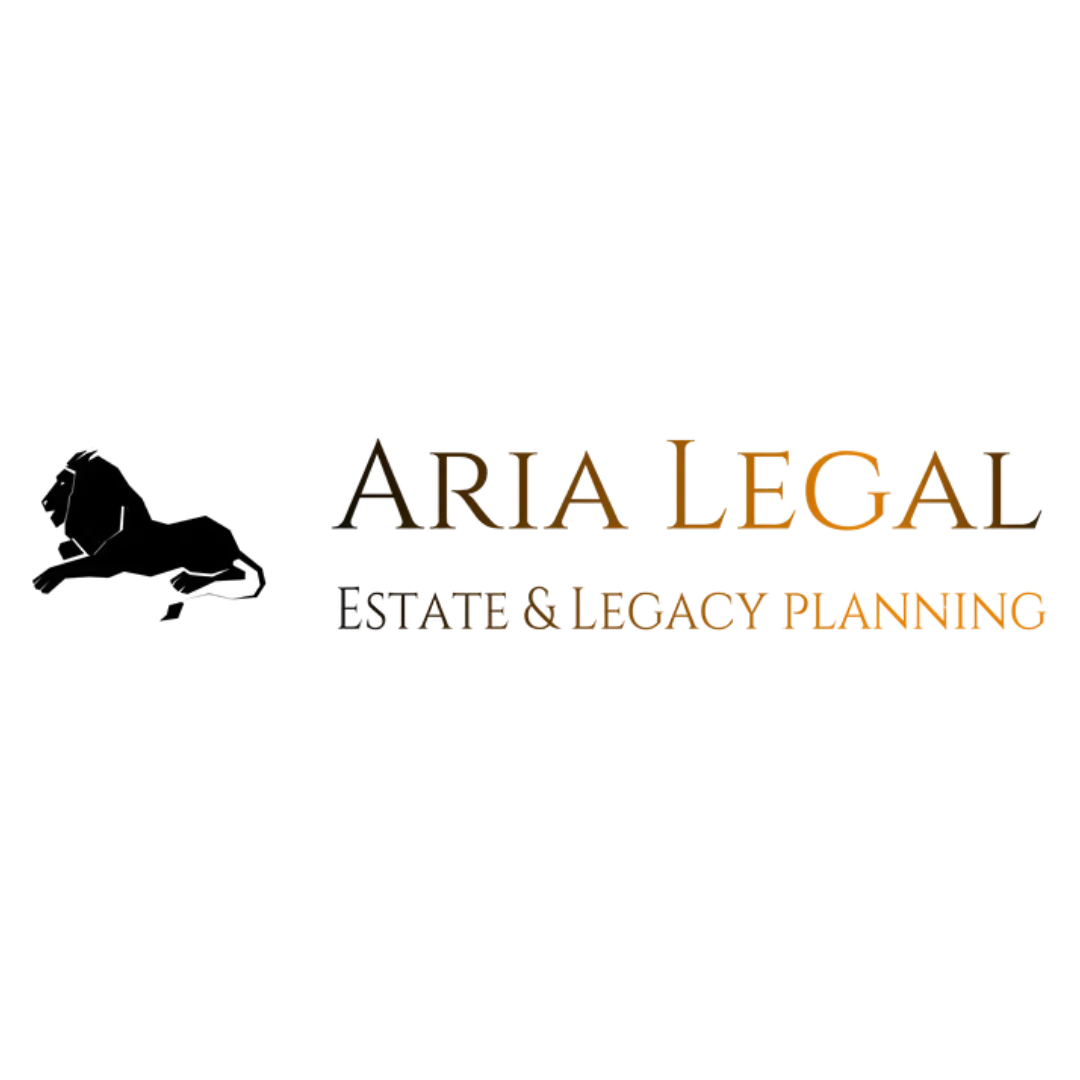Contact us today to discuss your requirements (home visits available) 0800 612 5331
Trust Planning
Our clients often say: “ I want to make sure my assets remain with my children, grandchildren and great grandchildren”. Then they need to set up a trust.
A Trust is a legal document that helps individuals hold assets for the benefit of others.
Assets not protected by a Trust can be depleted by creditors or bankruptcy claims, divorce or separation settlements, Inheritance Tax bills or even sideways disinheritance.
Proper Trust planning can ensure that your bloodline will benefit completely from your estate and protect the family home and other assets against the costs of Long Term Care.
A Will Trust is a trust created in your Will that comes into effect on death. A Pilot Trust (or Living Trust) is a Trust created during your life time.

Severance Of Tenancy
There are two types of Tenancy: Joint Tenancy and Tenancy in common.
A Joint Tenancy is an arrangement where property is owned by two or more people. When one dies the ownership passes by survivorship to other owner(s).
A Tenants in Common is an alternative ownership to Joint Tenancy. Tenants in Common own specific shares of the asset and their share is passed according to their Will or the Intestacy Rules rather than by survivorship to the other co-owner(s).
To change from a Joint Tenancy to a Tenancy in Common, there must be a Severance of Tenancy agreement between the owners.
This is the legal process by which a joint tenancy is converted into a tenancy in common. This must be recorded at the Land Registry. All owners sign a Notice of Severance of Joint Tenancy, which is then stored with the deeds relating to the property.
This will allow one of the co-owner(s) of a property to dispose of their share in the property as they see fit through their will.
The Rules
Generally speaking, you will have to pay 40% tax on anything above £325,000 if you are single, or £650,000 for a married couple/civil partnership.
This is the inheritance tax threshold, also called the Nil Rate Band (NRB).
However, If parents or grandparents pass their main residence to their direct descendants, their estates will benefit from an additional allowance, the Residential Nil-Rate Band (RNRB), of £175,000 by April 2020 (meaning a total individual allowance of £500,000 by April 2020).
Unfortunately, the RNRB can be reduced or lost if the value of the estate reaches a certain limit.
Because these rules can be quite complex, we recommend to our clients to first discuss their situation with us, so that they understand their impact on their estates and what can be done to mitigate their effects.
What is available
Generally speaking, you will have to pay 40% tax on anything above £325,000 if you are single, or £650,000 for a married couple/civil partnership.
This is the inheritance tax threshold, also called the Nil Rate Band (NRB).
However, If parents or grandparents pass their main residence to their direct descendants, their estates will benefit from an additional allowance, the Residential Nil-Rate Band (RNRB), of £175,000 by April 2020 (meaning a total individual allowance of £500,000 by April 2020).
Unfortunately, the RNRB can be reduced or lost if the value of the estate reaches a certain limit.
Because these rules can be quite complex, we recommend to our clients to first discuss their situation with us, so that they understand their impact on their estates and what can be done to mitigate their effects.
Disabled Will Trust
The Disabled Will Trust is a Will Trust set up for the benefit a disabled person who is incapable of managing their own finances should their parents or legal guardians pass away.
The trust capital is managed by the allotted trustees and the beneficiary is entitled to all of the income.
They can insure that the money helps the disabled beneficiary pay for care and living costs that they require, without affecting any means tested benefits they are already receiving.
Trustees have also the ability to add suitable beneficiaries such as carers.
The Trust also qualifies for special tax treatment.
Get started today

Contact us
0800 612 5331
Aria Legal Limited is registered in England and Wales, Number 11229387. Registered office: Kemp House, 160 City Road, London. EC1V 2NX

